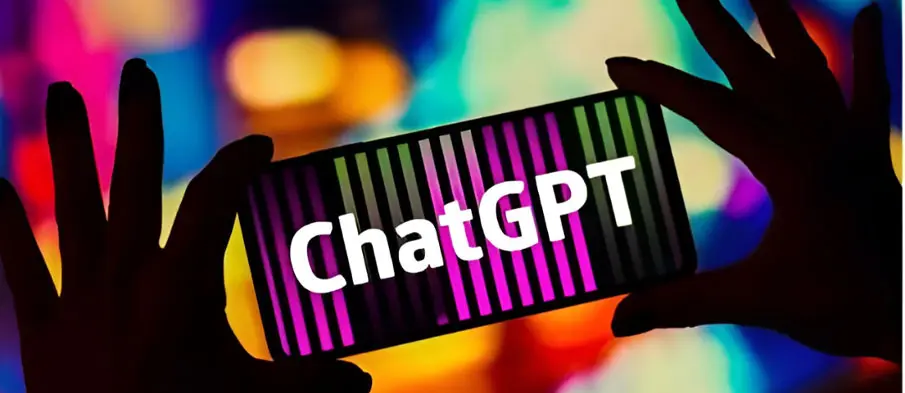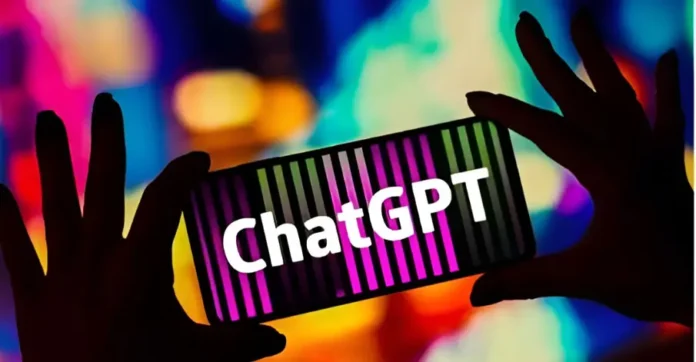
A new study from MIT’s Media Lab is raising serious concerns about the long-term cognitive effects of using generative AI tools like ChatGPT. The research suggests that relying on AI for tasks like essay writing doesn’t just influence the final product—it may be negatively impacting how our brains function.
In the study, researchers observed that individuals who frequently used ChatGPT exhibited the lowest levels of brain activity, reduced creativity, and weaker memory retention. “Those who relied on ChatGPT showed the lowest brain activity across the board, were less creative, and barely remembered what they wrote,” the researchers noted. The findings imply that AI use could be reshaping neural pathways in unproductive ways.
The experiment involved 54 participants, who were divided into three groups: one using ChatGPT, another using Google Search, and a third relying solely on their own abilities. Participants completed writing assignments while wearing EEG headsets to track brain activity. The results were stark.
Those who completed tasks without any external tools showed the highest levels of cognitive engagement, memory recall, and creativity. Their work was distinctive and original. On the other hand, essays generated with ChatGPT were largely similar in style, lacking originality, and often pieced together with minimal input from users. As English teachers reviewing the submissions described it, the AI-assisted writing felt “soulless.”
Even more concerning were the EEG findings. Participants who used ChatGPT demonstrated “significantly reduced neural connectivity, particularly in regions linked to critical thinking and memory.” Over the course of the study, many in this group became increasingly passive—eventually typing prompts directly into ChatGPT and pasting its output with little or no editing.
Interestingly, individuals who initially wrote without AI retained high brain function even after later using the tool. In contrast, those who started with AI displayed lower cognitive activity even when subsequently asked to work without assistance. This raises questions about potential long-term effects of AI dependence.
Although the study has yet to undergo peer review, it adds to a growing body of research exploring the downsides of generative AI. Previous work from MIT also found that people who spent more time interacting with AI systems tended to feel lonelier.
The study’s early findings pose a critical question: Is ChatGPT killing curiosity? If this trend continues, the answer may well be a troubling yes.





